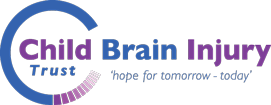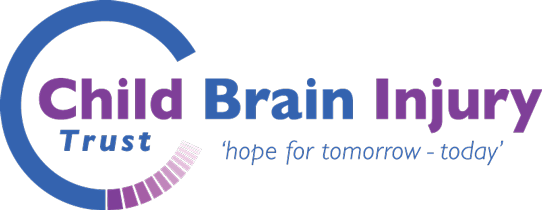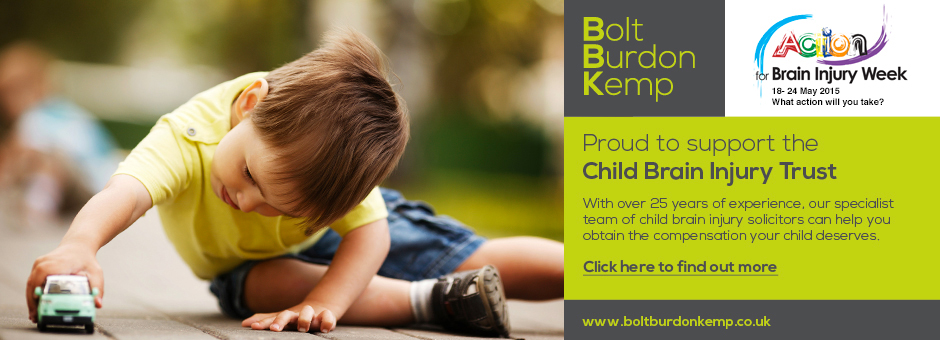Compensation explained in Child Brain Injury Claims
The level of compensation awarded in personal injury and clinical negligence claims is often headline news in the media, with compensation characterised as a windfall for the injured person. Little regard is given for injured person’s needs, or how these awards are calculated. Cases involving children with brain injury are often multi-million pound awards due to the long lasting effects of the brain injury on the child.
Action for brain injury week commences on the 18th May 2015 during which the Child Brain Injury Trust, campaigns to raise awareness of childhood acquired brain injury. In support of this campaign, I am going to discuss some of the financial losses typically included in a compensation claim involving a child with a brain injury. In doing so, I hope to increase awareness about the complex needs of children with brain injuries, and to dispel the view that compensation is a windfall akin to winning the lottery.
The aim of compensation
The aim of compensation is to put the injured person back into the position they would have been in had the injury not occurred . Clearly this is extremely difficult, if not impossible, in cases where a child has suffered a serious brain injury. As such, part of the compensation award will seek to reimburse the child and their parents for all of their past losses and expenses incurred as a result of the brain injury.
I have included below some examples of the types of losses that would typically be included in a claim of this nature:
Loss of earnings
It is often the case that the injured child’s parents have to take time off work to look after the child. In addition to physically caring for the child, there will be numerous medical appointments to attend including appointments for rehabilitation. The child may experience behavioural problems as a result of the brain injury which make it impossible for the parent to arrange child care to enable them to go back to work.
Clearly this can have a huge impact on a parent’s ability to go to work and as a result, they may lose their income. If the parent is unable to work as a result of the child’s brain injury, the parent’s lost earnings can be included in the compensation claim. If the parent was a high earner before the accident, this can result in a substantial claim for loss of earnings.
In addition to this, the child himself may never be able to work as a result of his brain injury. This could result in a claim for the child’s lost earnings. The claim would be for his entire working life which, again, can result in a significant claim.
Travel expenses
It may be impossible for the injured child to use public transport due to impairments in mobility, behavioural issues or anxiety for example. It may be necessary, therefore, to use taxis to take the child to and from appointments. If the additional travel expenses are due to the brain injury, they can be included in the claim.
Rehabilitation
It is essential that the brain injured child is provided with rehabilitation to ensure that they make the best recovery possible. Rehabilitation may include speech and language therapy, occupational therapy, psychotherapy, neuropsychological treatment for example. Often the child will be unable to access the rehabilitation they need through the NHS, and will need regular interim payments of compensation to fund the rehabilitation. The client may need therapeutic input for several years, or even throughout their life.
Education
Often children who suffer brain injuries experience cognitive impairments. This could result in problems with concentration, memory, processing information and organisation skills, for example. It could also result in behavioural issues. A child suffering from these impairments will need additional support in school.
It can be difficult, and time consuming, to obtain an Education Health Care Plan (formerly known as a Statement of Special Educational Needs). Often, therefore, the parents of the injured child incur costs in relation to paying for one to one tutoring or making special adaptations to ensure the child is able to access the curriculum alongside his peers. In some circumstances, the child may not be able to attend a mainstream school and it may then be appropriate to claim for alternative educational provisions, such as private schooling or tutoring. If the additional costs incurred educating the child is due to his brain injury, they may be recovered as part of the claim.
Accommodation and adaptations
Sometimes children with brain injuries are left with severe motor disabilities. This can mean that the house, in which the child lived prior to the injury, becomes unsuitable for his needs post injury. For instance, a child who is wheelchair dependent may have to have their home adapted to provide for wheelchair access e.g. having a ramp installed, leveling uneven flooring, and widening doorways. In some cases, it may be impractical to adapt or alter a house. It may be necessary to claim the cost of buying an appropriate and suitable property.
It is not just physical disabilities, however, which may necessitate adaptations being made to a house. We currently act for a child who has autism, secondary to brain injury, and it has been recommended that our client have somewhere quiet where he could go to do his school work and have time to himself. We are now in the process of getting the child a small garden house where he is able to concentrate on his studies and the cost of this will be included in the compensation claim.
Equipment
Some children with brain injuries require certain specialist equipment. This may be equipment to help cope with problems related to the child’s motor skills, for example, a wheelchair, specially adapted vehicle to carry a wheelchair, assistive technology to help the child to communicate, learn or live as independently as possible.
Future losses
The majority of the items that I have listed above will be needed for the child’s life which can lead to substantial cost.
This is by no means an exhaustive list, each case is different. What is included in the claim very much depends on the child’s individual needs. Therefore, although compensation claims for cases involving children with brain injuries can result in compensation claims worth millions of pounds, this isn’t a windfall for the Claimant because the compensation is needed to pay for the equipment and services the child needs to put him in the position he would have been in, had he not been injured. The compensation award has to last the child’s entire life and is necessary to ensure the child makes the best recovery possible, so that he can have a meaningful and enjoyable life.
 I am a Solicitor at Bolt Burdon Kemp specialising in Child Brain Injury compensation claims. If you would like advice about making a compensation claim for your child, please contact me free of charge and in confidence on 020 7288 4828 or at chloemorgan@boltburdonkemp.co.uk.
I am a Solicitor at Bolt Burdon Kemp specialising in Child Brain Injury compensation claims. If you would like advice about making a compensation claim for your child, please contact me free of charge and in confidence on 020 7288 4828 or at chloemorgan@boltburdonkemp.co.uk.


